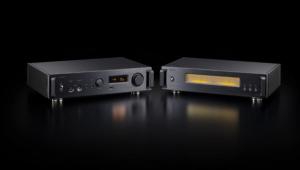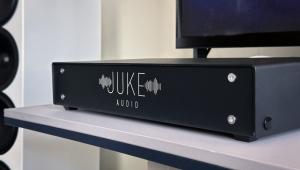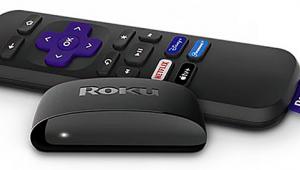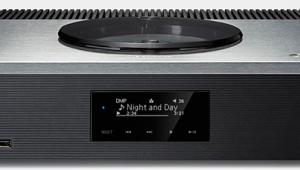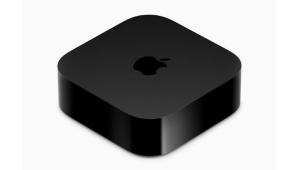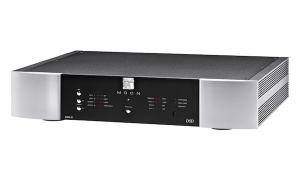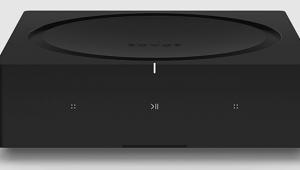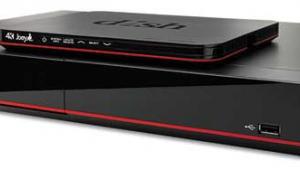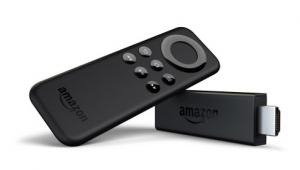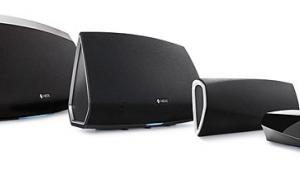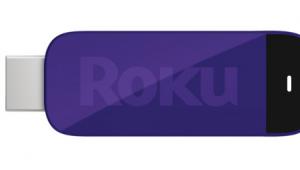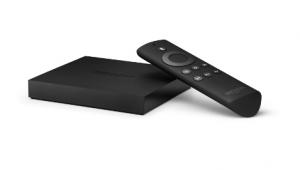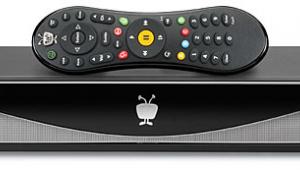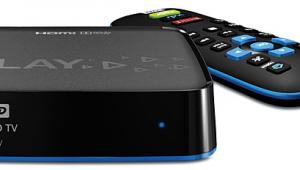iTunes Match vs. Google Music: Which One Should You Choose?
It's been a big week for digital music. First Apple finally rolled out iTunes Match, the final link in its chain of cloud services, allowing users to get anytime, anywhere access to all those songs they ripped from CDs over the years or acquired by, uh, let's say "other means." Then on Wednesday Google unveiled Google Music, its fully armed and operational online music store.
Both Apple and Google are now offering ways to buy music with cloud storage and mobile access, though it's interesting that they got here from opposite paths. Apple of course broke ground with its iTunes music store almost a decade ago, but the music on offer remained stubbornly download-only until this year. On the other side, Google first mastered online services, hammering into place the the pipes for delivering content to anyone on any device, and is now finally putting the actual content (in this case, music) in place.
Because of the different paths and the different goals of the two companies, the services are subtly different in notable ways. For one, Google Music is free - it'll store up to 20,000 songs at no charge, while iTunes Match does 25,000 for $24.95 a year. Google will also let you access those songs from almost any device - even on the iPad via an HTML5 app - while Apple's music is available only on machines with iTunes (Macs, PCs, and iOS devices). Google does have a slight edge on quality, offering downloads at 320 kbps (iTunes Match is going with 256 kbps AAC - though it'll sub those for your old 128 kbps MP3s as you upload).
On the other side, if you're looking for a comprehensive music catalog, iTunes is what you want, since Apple secured cloud support from all the major labels, whereas Google has just three of them (Warner Music is the holdout). The late Steve Jobs was legendary for his ability to get content providers on board with Apple's platforms, something Google is clearly still getting the hang of.
But Google is leveraging its platform in other ways to fuel Google Music. Most important is its seamless integration with Android devices, of which there are now 200 million, according to the company. Android's market share in mobile is colossal and still growing, so this is a tremendous weapon in its arsenal. Also notable: the ability to share music on Google+. This isn't just telling your friends what you're listening to, mind you-they can, with a single click, listen to the same song. They can only do it once, but it's free, and if Google+ continues to expand rapidly, this could become a big factor over time.
However, to say that Google now has the advantage because of this functionality overlooks a big digital elephant in the room: that every iPod owner (read: everybody) has been buying songs from iTunes for years. It's far too easy to simply pony up the $25 so you can stay with the same music service where you discovered both Coldplay and Lady Gaga.
In the end, consumer habits are the hardest thing to break, and Google's going to need more than full label support and Android integration to convince people to start turning to them for all their music needs. Above all else, Google needs credibility in digital music, and that's the one thing it can't simply buy or engineer.
- Log in or register to post comments
